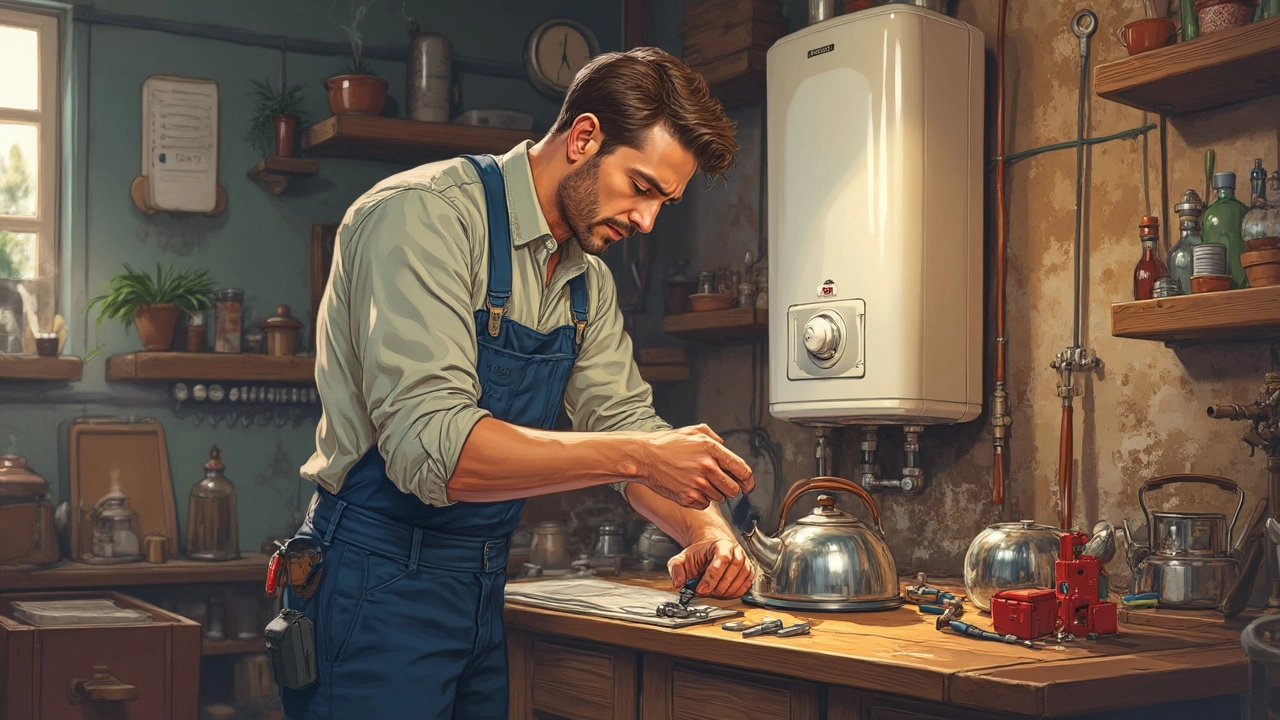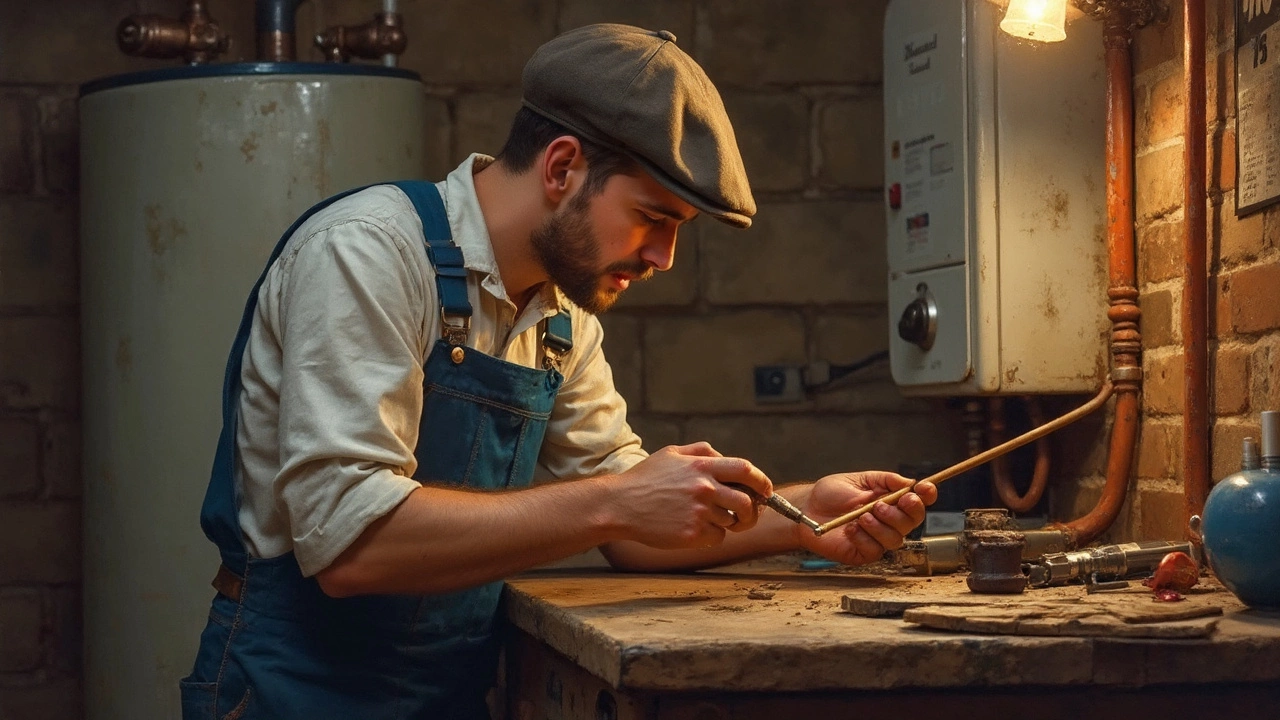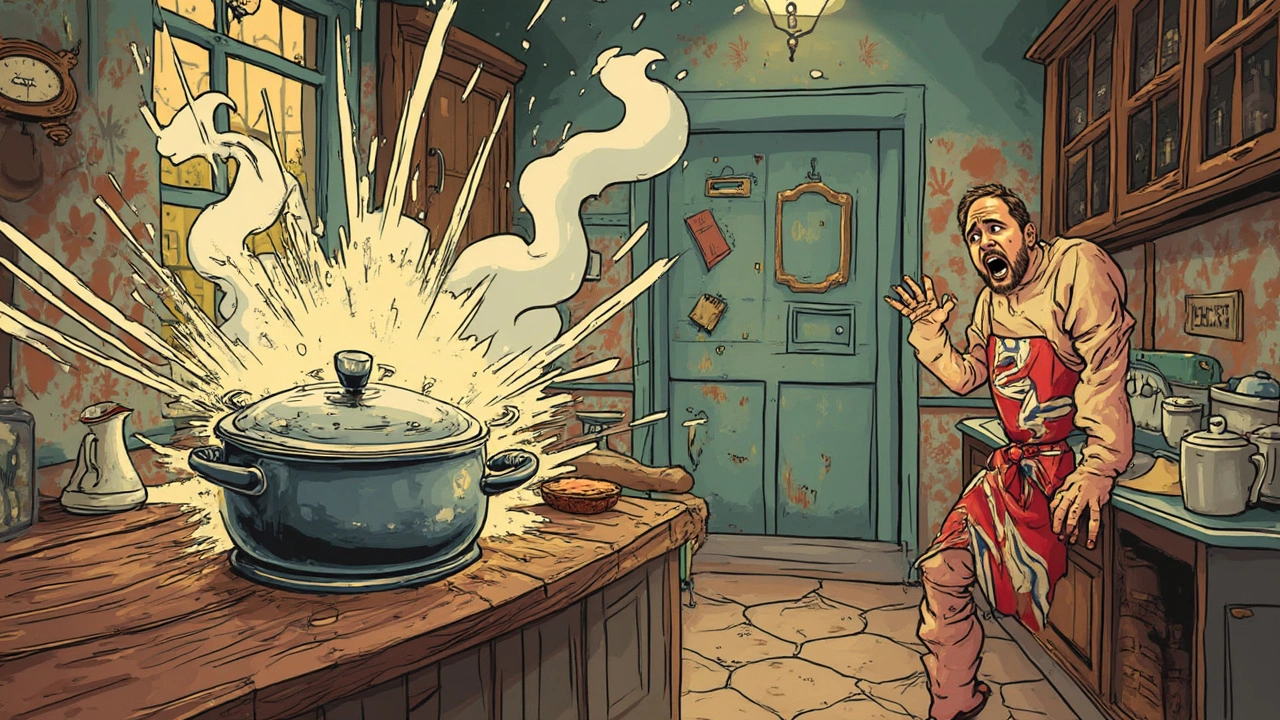March 2025 Appliance Repair Insights: Quick Fixes, Safety Tips & Cost Guides
Welcome to our March roundup! This month we tackled everything from cooking gear to heating systems. If you’ve ever wondered how long an electric stove should last, why your hot water goes cold, or whether it’s cheaper to repair an oven than buy a new one, you’re in the right spot. Below is a quick tour of the most useful posts we published, plus a few extra pointers you can start using today.
Keeping Your Kitchen Running Smoothly
We kicked off the month with a look at electric stove lifespan. With proper cleaning and avoiding overload, a stove can serve you for 13‑15 years. Simple habits like wiping spills right away and checking the heating elements annually can add years to its life.
Hot showers turned icy? Our guide on cold‑coming hot water explains three common culprits: a mis‑set thermostat, sediment in the tank, or a failing heating element. A quick flush of the tank and a thermostat check often solve the problem before you need a pro.
Freezers are another hot topic. Two posts covered “freezer not cooling” and “why won’t my freezer stay frozen?”. The biggest offenders are blocked vents, dirty coils, and a faulty thermostat. Unplug the unit, vacuum the coils, and make sure the door seals are clean. If the temperature still drifts, it’s time to call a technician.
Heating, Cooking & Appliance Costs
Boiler repair timing was a surprise for many. Simple issues (like a stuck valve) can be fixed in a couple of hours, while complex gas‑line work may need a full day. Knowing the typical timeframe helps you plan around work or school.
Speaking of boilers, we also explained when to replace a boiler. If the unit is over 15 years old, leaks frequently, or requires costly parts, replacement becomes a smarter investment. A professional will assess the size you need and handle the installation safely.
Cooker safety got a spotlight after we discussed potential explosions. A blocked pressure‑relief valve or damaged seal can create dangerous pressure build‑up. Regularly inspect the valve, clean any food debris, and never use a damaged gasket.
Deciding between fixing an oven or buying a new one? We broke down the cost comparison: repair estimates usually range from £70‑£150, while a new energy‑efficient oven can start at £400. Factor in energy savings and how long you expect the new unit to last.
Fridge failures often start with a faulty thermostat or compressor. Our fridge‑failure post gave a simple checklist: listen for the compressor humming, feel the back for cool air, and test the thermostat by setting it to a higher temperature. If nothing changes, a professional diagnosis is the next step.
Oven heating problems can stem from either a broken element or a bad thermostat. We showed how to test each: the element should glow when on, while the thermostat can be checked with a multimeter. Swapping out the right part saves time and money.
Extractor fans aren’t immune to wear either. Two posts covered whether they can be repaired and which tradespeople handle the job. Most fan issues are motor wear or clogged blades – a quick clean or motor replacement usually solves it. Electricians, handymen, and HVAC specialists all have the tools, so choose based on your fan’s location and wiring.
Finally, we touched on repairing a damaged cooker and the overall process of a boiler replacement. Both jobs involve safety checks, part sourcing, and proper disposal of old components – tasks best left to licensed pros.
That’s the March snapshot. Whether you’re a DIY enthusiast or just looking for quick advice, our posts aim to keep your home running without costly surprises. Got a specific problem? Drop us a message and we’ll help you out.











